About Whitman Walker Health
Whitman Walker Health is a comprehensive health center serving the Washington, D.C. metropolitan area. We provide high-quality, patient-centered medical and behavioral health services to diverse communities. We are committed to meeting the health care needs of all people, including those who are underserved or face barriers to accessing care. Whitman Walker is a leader in providing care to people living with HIV/AIDS and other chronic illnesses, and we are at the forefront of research and innovation in the fight against these diseases. Our goal is to provide compassionate, quality care that is affordable and accessible to all.
Addiction Treatment Programs
Alcohol Rehab
If you’re looking to break free of dependence on alcohol, a high-quality alcohol rehab in District of Columbia can help. The rehab program may use multiple approaches, including nutrition, psychology, holistic methods, and support groups. These tools help you build a substance-free lifestyle and move into long-term recovery.
Dual Diagnosis
During dual diagnosis treatment in District of Columbia, you’ll receive integrated care for your mental health and substance use concerns, helping you establish long-term recovery.In addition to typical detox, inpatient treatment, and outpatient care, a dual diagnosis program may include medication management, additional counseling, and classes on healthy coping and other important life skills.
Opioid Addiction
A high-quality rehab in District of Columbia helps people gain the skills they need to overcome opioid addiction and maintain long-term sobriety. Opioid treatment programs address the mental, emotional, and relational issues that may contribute to addiction. You’ll learn to build a new support network that supports your long-term sobriety.
Adult Program
When people join an adult program in the District of Columbia, they learn about topics such as employment and raising a family while receiving treatment. In addition to typical detox, inpatient treatment, and outpatient care, an adult program may also teach clients about building a career, saving for retirement, parenting, and more.
Senior Rehab
Senior rehab in District of Columbia offers specialized addiction treatment for older adults that addresses their unique challenges. A specialized rehab for seniors can provide help for the specific challenges of aging. This may include counseling, help with pain management, skills for overcoming loneliness, and more.
LGBTQ Friendly Rehab
If you’re looking for a safe space to work on your recovery as an LGBTQ+ person, consider finding an LGBTQ+ friendly rehab in District of Columbia. Whether you need detox, inpatient treatment, or outpatient care, an LGBTQ+ friendly program will offer specific support for your emotional, mental, and social needs.
Men's Rehab
Men’s rehabs in District of Columbia address a wide range of substance use issues while also helping clients with gender-specific issues. In addition to typical detox, inpatient treatment, and outpatient care, a men’s program may also teach clients about having healthy relationships, fatherhood, building a career, and more.
Women's Rehab
A women’s rehab in District of Columbia helps clients build same-gender friendships, overcome substance use, and learn new life skills. In addition to typical detox, inpatient treatment, and outpatient care, a women’s program may also teach clients about motherhood, building a career, being safe in relationships, and more.
Young Adult Rehab
Young adult rehab programs in the District of Columbia can help young people make healthier life choices and avoid common mistakes. In addition to typical detox, inpatient treatment, and outpatient care, a young adult program may also teach clients about living independently, budgeting, having healthy relationships, parenting, and more.
Insurance Coverage
Medicaid
For those who qualify, one option for paying for rehab in the District of Columbia is using Medicaid. Using Medicaid keeps your costs, if there are any, very low. You can access any type of care, including detox, inpatient, and outpatient.
Private insurance
Private insurance can help pay some or all of the costs of rehab in the District of Columbia. Different plans have different coverage levels and out-of-pocket costs, so be sure to contact your insurance company for more information.
Self-pay options
In the District of Columbia, you can pay for addiction treatment using self-pay. Self-pay involves writing a check, getting a medical loan, or having money sent electronically to the clinic. Be sure to check on the fee structure, which may depend on the level of care.
Sliding scale payment assistance
One way to pay for rehab in the District of Columbia is to find programs with a sliding scale payment plan. You qualify for a lower fee for detox, inpatient treatment, or outpatient care based on your income and family size.
Medicare
In the District of Columbia, Medicare is one of your options when it comes to paying for rehab. Medicare plans may vary, so be sure to find out coverage details and what copayments or deductibles you might be responsible for.
Military insurance
If you’re looking for ways to pay for rehab in the District of Columbia, consider using military insurance if you’re a military member or veteran. Plans vary, so be sure to contact your insurance company to find out coverage details and what copayments or deductibles you might be responsible for.
Financial aid
One option for paying for rehab in the District of Columbia, if you’re struggling, is using financial aid programs. You can pay for detox, inpatient treatment, or outpatient care using scholarships or grants from the treatment center or from local organizations.
Levels of Care
- 1
Detox Treatment
When you decide to build a new life, the first step is getting rid of the substances in your system through detox in District of Columbia. After approximately a week of detox, during which you’ll receive medical attention for withdrawal symptoms, you’ll be ready to transfer to inpatient or outpatient rehab treatment to begin your new life.
- 2
Outpatient Rehab
During outpatient treatment in District of Columbia, each client attends multiple hours of care per week while living independently outside of treatment. Outpatient treatment is less intensive than inpatient care and may include both counseling and attendance at a 12-step or other recovery support group.
Therapies
Cognitive Behavior Therapy
Not everything we think is true or helpful. Cognitive behavioral therapy in District of Columbia teaches you to challenge distorted thinking so you can see things more clearly and choose healthier responses. Your underlying core beliefs can cause you to automatically react in certain ways. CBT helps you identify these immediate responses, challenge them, and choose a healthier response.
Dialectical Behavior Therapy
People want to improve their situation but don’t always know how. Dialectical behavioral therapy in District of Columbia teaches you healthy coping mechanisms and improves your confidence so you can build a better life. You probably have unhelpful thoughts and behaviors that you have inadvertently practiced for years. DBT helps you identify these behaviors and choose a healthier response.
Group Therapy
During group therapy in District of Columbia, each client has a chance to share their unique experiences and feelings about the discussion topic. This creates accountability and support. Group therapy can be part of detox, inpatient treatment, and outpatient care. It’s generally combined with individual counseling, activities, life-skills classes, and relapse prevention planning.
Trauma Therapy
During trauma-informed therapy in District of Columbia, you’ll be given the tools you need to manage your emotions and understand what happened in a healthier way. Trauma-informed therapy is one element of rehab treatment, which also includes activities, peer support, individual and group counseling, relapse prevention, and more. Together, all these methods support you in establishing long-term recovery.
Location
Contact Whitman Walker Health
Top Drug Rehab Centers in District of Columbia
-
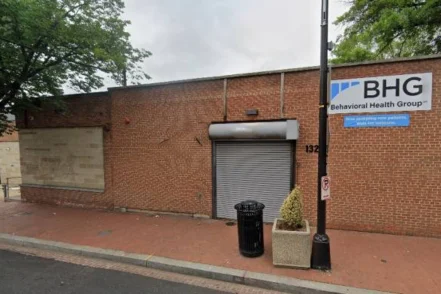 District of Columbia
District of ColumbiaBehavioral Health Group BHG
1320 Good Hope Road SE Washington, District of Columbia 20020
-
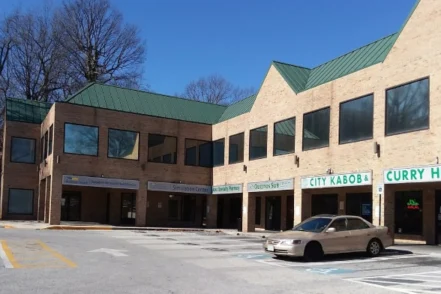 District of Columbia
District of ColumbiaMedStar Washington Hospital Center Michigan Avenue
216 Michigan Ave., NE Washington, District of Columbia 20017
-
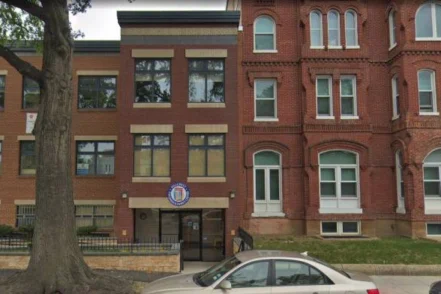 District of Columbia
District of ColumbiaHillcrest Children and Family Center
915 Rhode Island Avenue Northwest Washington, District of Columbia 20001
-
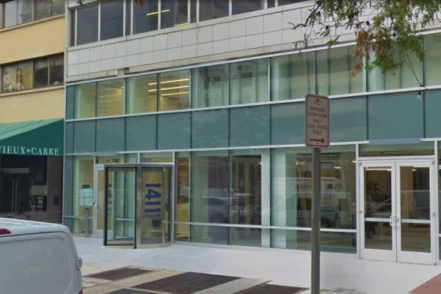 District of Columbia
District of ColumbiaKolmac Integrated Behavioral Health
1025 Vermont Ave NW Suite 305 Washington, DC 20005
-
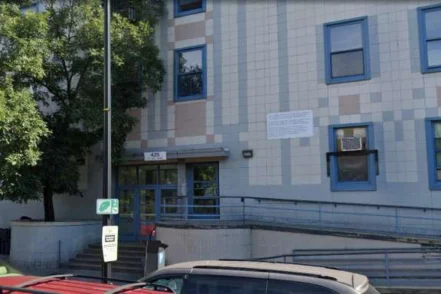 District of Columbia
District of ColumbiaClean and Sober Streets
2 North 425 2nd Street Northwest Washington, District of Columbia 20001